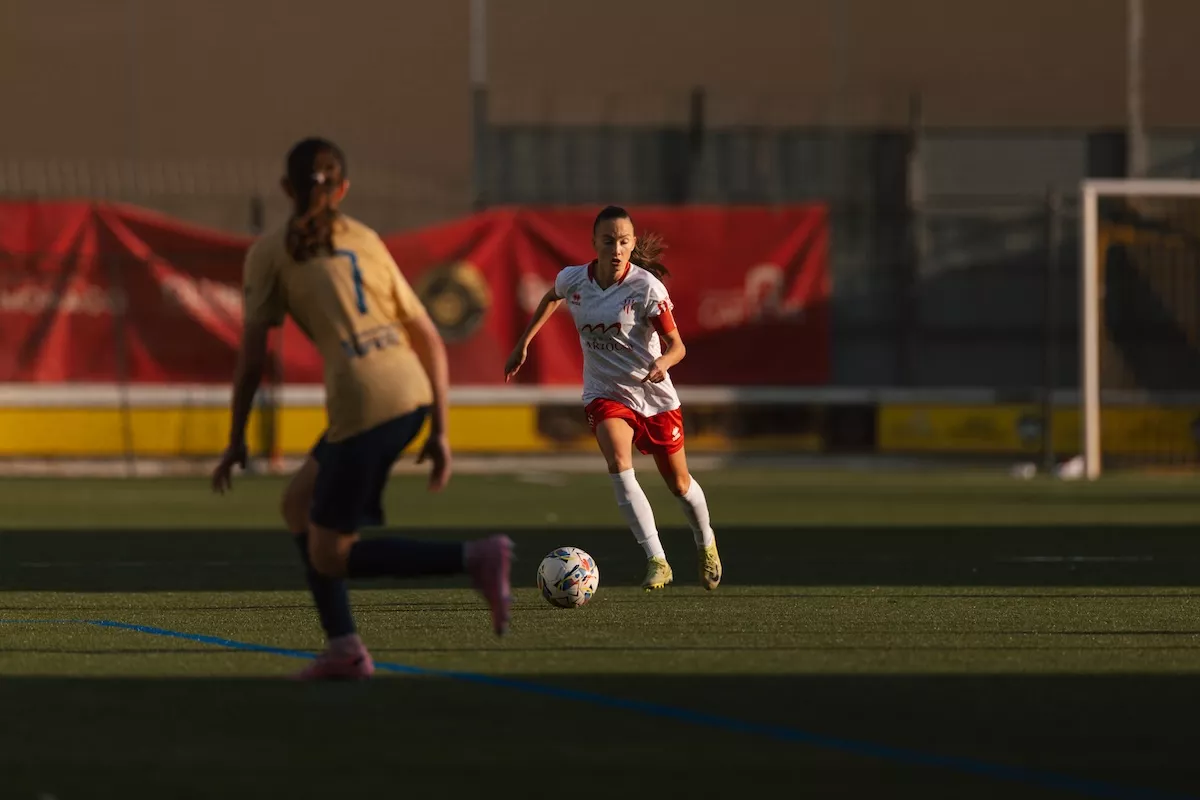Monaco has long used sport to project excellence on a global stage. From the Grand Prix to the Monte-Carlo Masters and the success of AS Monaco, the Principality has built a reputation as a home for elite performance, organisation and international visibility. Few places are able to combine vision and discipline so seamlessly. Now, a quieter development is beginning to emerge – one that could shape Monaco’s sporting future in a different way: the growth of women’s sport.
The arrival of Monaco United’s women’s football team, renewed backing for AS Monaco Women, and increasing interest from private stakeholders indicate the beginning of a shift. These are early steps, but they ask a broader question: could women’s sport become not just a feature in Monaco, but part of its strategy and identity?
Beyond visibility and sponsorship
Across Europe, women’s sport is moving from symbolic support to serious investment with serious returns. Audience numbers are breaking records, broadcast deals are being signed, and leagues are becoming more professional. The UEFA Women’s Champions League final now draws audiences in the tens of millions. Volleyball and basketball leagues are selling out arenas that only a few years ago struggled to fill a stand. Investors and broadcasters are beginning to recognise that this is not a side show, but growth.
But in many countries, progress still stops at sponsorships or marketing campaigns rather than building long-term, durable systems. Visibility alone cannot sustain athletes or attract the capital needed to build facilities and develop coaching talent.
True development requires investment in infrastructure, coaching, medical support, media coverage, and full-time opportunities for athletes. It means treating women’s sport as an economic ecosystem in its own right – not as an afterthought. Here, Monaco has an advantage.
A principality that can move faster than nations
Monaco’s size allows it to act more quickly than larger countries. Decisions involve fewer institutions, partnerships can be created more directly, and pilot projects can be launched without being slowed down by bureaucracy. Where others talk about equality in sport, Monaco could test models and implement them within a single season.
A “Monaco model” for women’s sport wouldn’t have to mean creating a full national league. Instead, it could link what already exists: AS Monaco, Monaco United, organisations such as Peace and Sport, local broadcasters, philanthropic foundations and partnerships with European clubs and investors. The city-state’s concentration of talent, capital and communication channels makes coordination easier than anywhere else in Europe.
The Principality has done this before – in environmental diplomacy, motorsport, and culture. Women’s sport could be another example. Just as Monaco has championed sustainability through the Prince Albert II of Monaco Foundation or positioned itself as the capital of motorsport innovation, it could quietly define excellence in the governance and growth of women’s sport.
Why this moment matters
There are three reasons this conversation is timely. Firstly, local momentum. Monaco United and AS Monaco Women are early signs of commitment, even if still modest in scale. They provide visible examples around which a national framework can grow.
Private interest is also growing. Across Europe, women’s leagues are beginning to attract investors who see them as long-term growth assets, not marketing tools. The recent surge in valuations for women’s football clubs in England, Spain and Italy shows how quickly the market is maturing.
Finally, soft power is evolving. Influence today is built through values, innovation and example. For a country known for elegance, precision and discretion, leadership in women’s sport would be a natural extension of its global identity.
What leadership could look like
This wouldn’t require a major initiative or announcement at first. It could begin with a focus on improving training facilities and providing high-performance coaching for women’s teams, while building partnerships with schools to create clear athlete pathways for girls in the Principality. Agreements with local and international broadcasters could ensure regular visibility for women’s matches, helping audiences to grow naturally.
At the same time, Monaco could host roundtables or workshops during major events such as Sportel, Peace and Sport, the Monte-Carlo Masters or even the Grand Prix weekend, bringing European voices to the Principality and positioning it as a convening hub for the future of women’s sport. Each of these steps would build credibility while maintaining Monaco’s characteristic discretion and precision.
A strategic opportunity for Monaco
Monaco has never been defined by its size, but by its ability to set standards others aspire to – in sport, diplomacy, culture and excellence. Its success has always rested on vision executed quietly, but to perfection. If the Principality backs women’s sport with the same conviction it has shown in these areas, it wouldn’t be following a trend but setting the benchmark for Europe: discreet in scale, unmistakable in influence.
Main photo of Monaco United, credit: Liam Fabre
This article was contributed by Countess Nicole Brachetti Peretti, a European investor and founder of NJF Holdings. She leads NJF Sports & Media, owner of Italy’s professional women’s volleyball league, Lega Volley Femminile. She was an early investor and Vice-Chair of Infront Sports & Media, helping shape one of Europe’s leading sports rights businesses. Beyond investment, she serves as a Visiting Professor in Practice at Lancaster University, focusing on technology, innovation and entrepreneurship.
